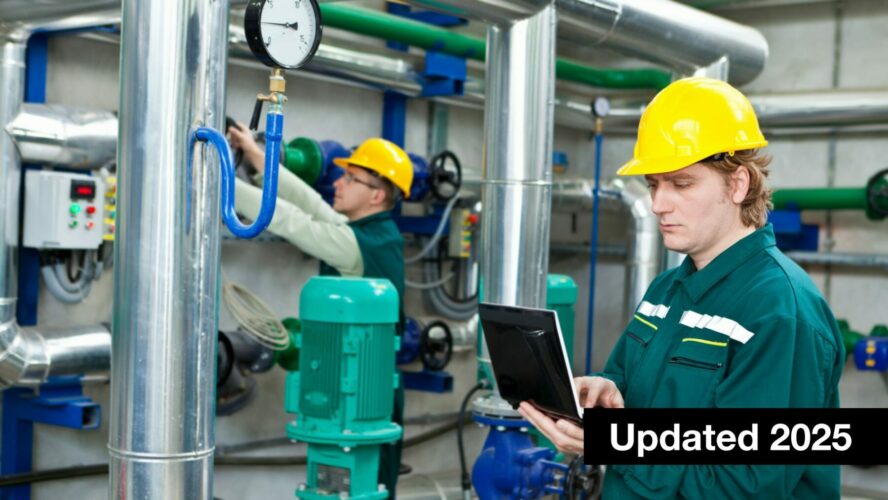The Importance of Preventive Maintenance for Your Air Conditioning Systems
Updated Article:
In 2017, we published an article on the importance of preventive maintenance for air conditioning systems. Here is an enriched update, highlighting its relevance after more than six years of continuous appreciation and readership!
A building’s mechanical systems form the foundation of its operations. Without lighting, water, heating, or air conditioning, a building quickly becomes unusable. This is why a preventive maintenance program for your air conditioning systems is not just an option—it is an absolute necessity.
Why Is Preventive Maintenance Essential for Your Air Conditioning Systems?
As a building manager or operations director, you understand the critical importance of mechanical system reliability to ensure a comfortable and functional environment. Among these systems, air conditioning plays a key role. However, it is often overlooked—until a breakdown occurs.
Keep in mind that regular maintenance is far more cost-effective than allowing your system to degrade and face a costly replacement.
Neglecting maintenance can lead to:
- A significant drop in energy efficiency
- Higher operating costs
- Premature deterioration of key components
Example: A clogged air filter or dirty heat exchanger can reduce your system’s overall efficiency by more than 20%, significantly increasing energy costs.
Building a Customized Maintenance Plan
An effective preventive maintenance program starts with a deep understanding of your equipment and the manufacturer’s recommendations. Here are the key steps:
- Initial Inspection: Identify critical components and high-risk areas that require close monitoring.
- Regular Check-Ups: Schedule monthly, quarterly, and annual inspections to ensure optimal performance.
- Lifecycle Analysis: Determine the best time to repair or replace components based on historical data and operating costs.
The Importance of Air Filters
Air filters are often underestimated, yet they play a crucial role in maintaining indoor air quality and protecting your system’s other components.
- Replace them regularly: Clean filters extend your system’s lifespan and reduce energy costs.
- Use high-quality filters: Poor-quality filters allow harmful particles to pass through, damaging your equipment.
- Monitor differential pressure: This helps determine the optimal time for filter replacement.
Did you know? Dirty filters not only increase energy consumption but can also affect occupants’ health by reducing indoor air quality.
Maximizing Energy Efficiency
Beyond simple tasks like filter replacement and component inspections, some maintenance steps require advanced technical expertise. For example:
- Cleaning heat exchangers – Even a thin layer of dirt can significantly reduce heat transfer efficiency, increasing energy costs and decreasing occupant comfort.
To go even further, you can explore energy optimization solutions tailored to your building’s needs.
Why Work with Experts?
A strong preventive maintenance plan requires time, resources, and expertise. At BAULNE, we understand how critical proper maintenance is to ensure the reliability of your air conditioning systems.
Ready to take action? Contact our experts for a personalized assessment or an on-site visit.
Schedule an appointment today:
- Via our online contact form
- Or call us at 514 422-0444
About BAULNE
For over 20 years, BAULNE has been helping building managers design, maintain, and optimize their mechanical systems. Through our innovative solutions, we help businesses reduce operating costs while improving occupant comfort and productivity.
Caring for People and Buildings.
💡 Discover more about our services:
For more expert advice, visit our Articles Section
Information Sources
This article is inspired by recognized references in the field:























